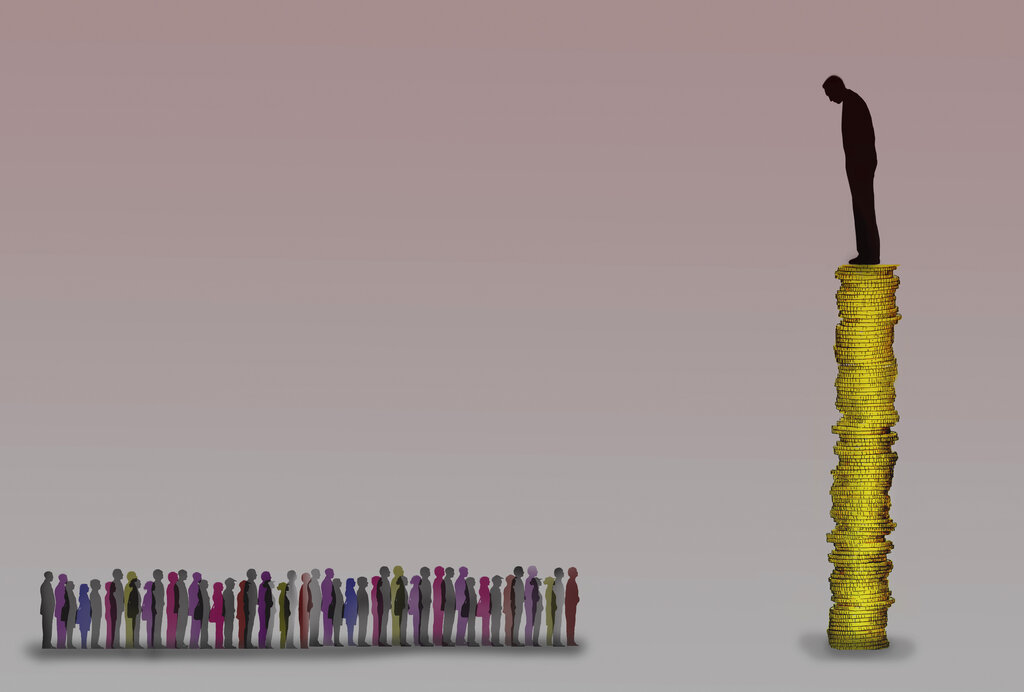
Amid the liquidity crunch at U.S. lender Silicon Valley Bank and the turmoil at Credit Suisse, the first reaction of global investors was to seek safety. In March, Singapore’s banking system reported a 3.9% growth in Singapore dollar deposits, a rate greater than when the 2008 global financial crisis hit.
The reason for investors gravitated to cash is clear. Local banks wooed depositors with higher fixed rates, making yields on Singapore dollar or U.S. dollar cash alike far more attractive than what investors became accustomed to in the past decade.
Should investors choose cash over risky assets, like stocks or bonds, and what is the right, adequate amount of cash to keep aside today?
We asked Christine Benz, Morningstar’s director of personal finance and retirement planning.
Two Shortcomings of Excess Cash
First, dry powder could be helpful in times of volatility, in which investors could allocate to investments at a cheaper price.
Benz says: “I do think that perhaps there is a case for investors who are active in their portfolios who want to take advantage of bargain-hunting to potentially hold a little bit extra in liquid reserves. But there is a fine line between this and market timing.”
This amount cannot be exceedingly large, however, as there are significant downsides of sitting on cash.
Benz continues: “The risk of having too much in cash is that if the market recovers, it often does so very, very quickly, and so there is a risk that you could be left with too much of your portfolio on the sidelines,” she adds.
She continues: “Another risk that I think should be front and center for investors today is the fact that inflation is flaring up. If you have cash, yes, you have some protection against principal losses, but you're not protecting against the erosion in your purchasing power that you see when inflation goes up.”
What’s a ‘Good Amount’?
Benz thinks the question is very personal. “The idea is that you’re buying yourself some protection if you lose your job and it takes you a while to replace it, you’ll have that buffer in place. And it’s also there to meet unanticipated expenses. It starts with thinking about emergency funding, and emergency reserves. That's kind of financial planning 101.”
The amount of cash on hand varies based on factors like personal finance and employment conditions as well as age. For example, breadwinners in the family and older or higher-income workers would want to set aside more, a little closer to one year’s worth of spending money, for example.
- Baseline amount if working: 3 to 6 months’ worth of living expenses.
- Baseline amount if retired: 6 months to 2 years’ worth of living expenses.
The amount is essentially an emergency cushion that would be essential if for whatever reason you were not able to earn an income, Benz adds. “Sometimes people are put off by how high those numbers seem. And I think the issue is that you really want to think about how much you could get by in a pinch, rather than thinking about how much you’re spending today while you're employed.”
Ways to Replenish Liquid Reserve
If you’re spending from that cash bucket on an ongoing basis, what are the methods to top it back up?
Benz suggests: “One is to simply take any organically generated income distributions, whether from your bond holdings or from your dividend-paying equities and have those sent over into your cash account. That way your cash account is kind of topping itself up on an ongoing basis. So, even if you're not reaching for income, looking for income-rich stocks and bonds, you can still enjoy a little bit of income coming in the door through those income-producing securities.”
Another way Benz proposes is, if you need additional cash reserves, you can then use rebalancing annually to help top up the cash reserves. “You would pull from the very appreciated portions of your portfolio and use them to top up your cash holdings.”
As interest rates globally increase, cash yields have somewhat come back up, from near-zero levels. Benz thinks it is still worthwhile shopping around to see to it that you’re getting the highest possible yield.






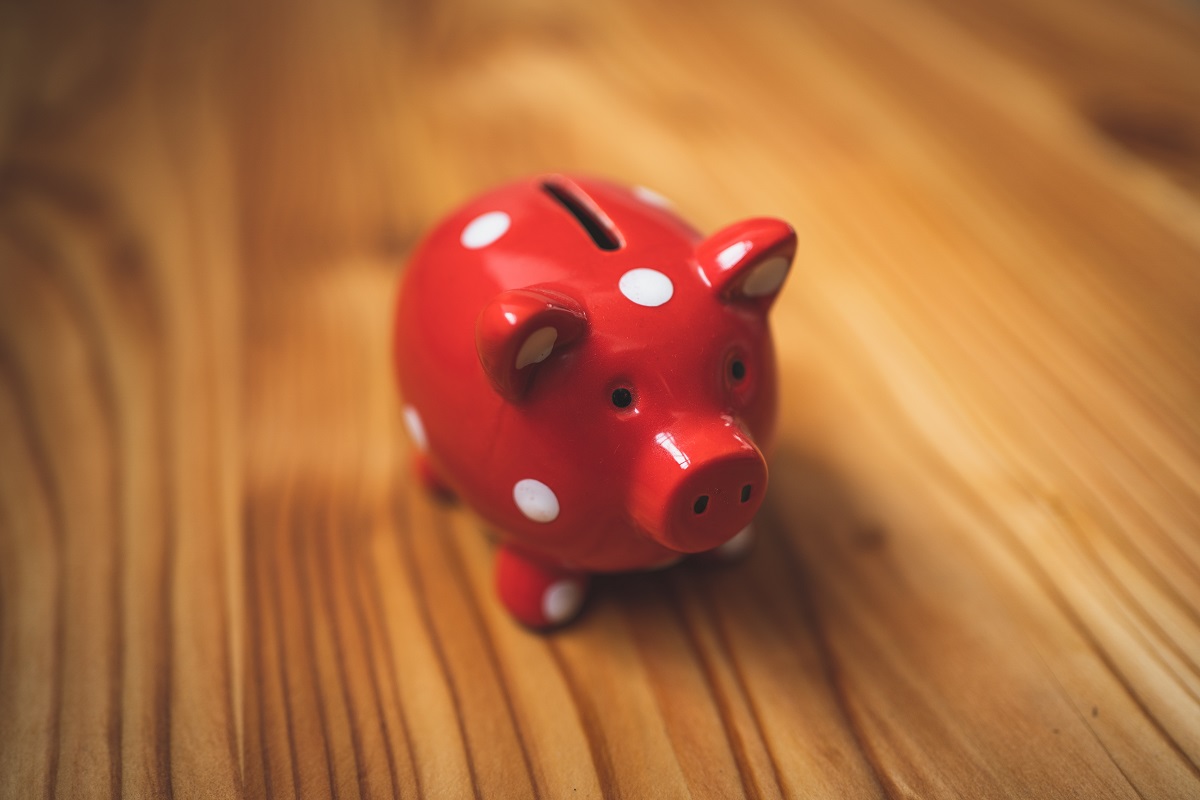
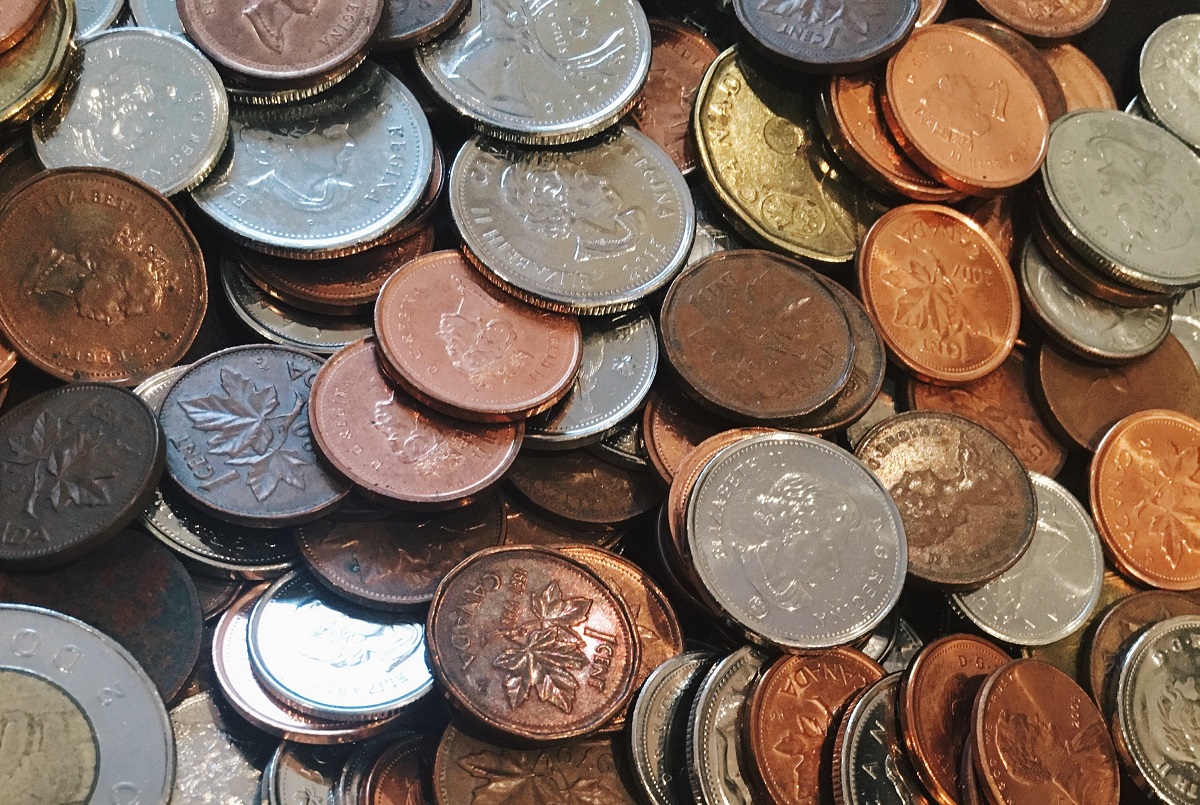
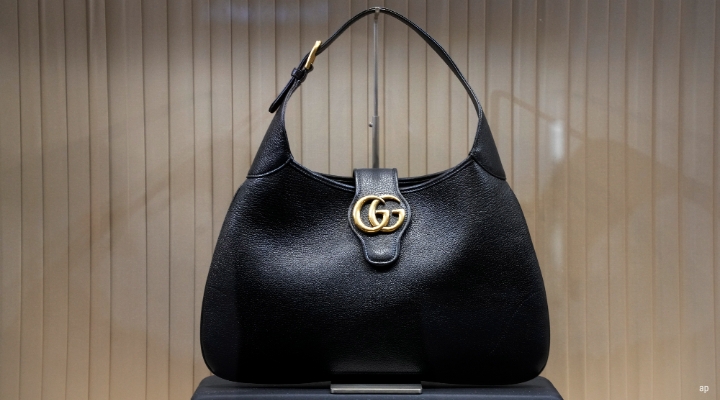
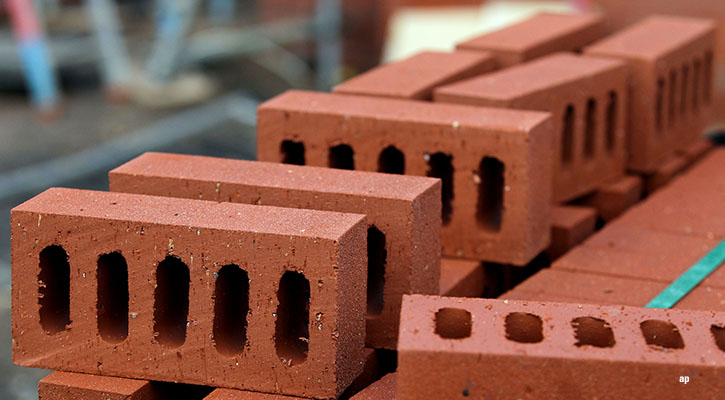



.png)


.jpg)





